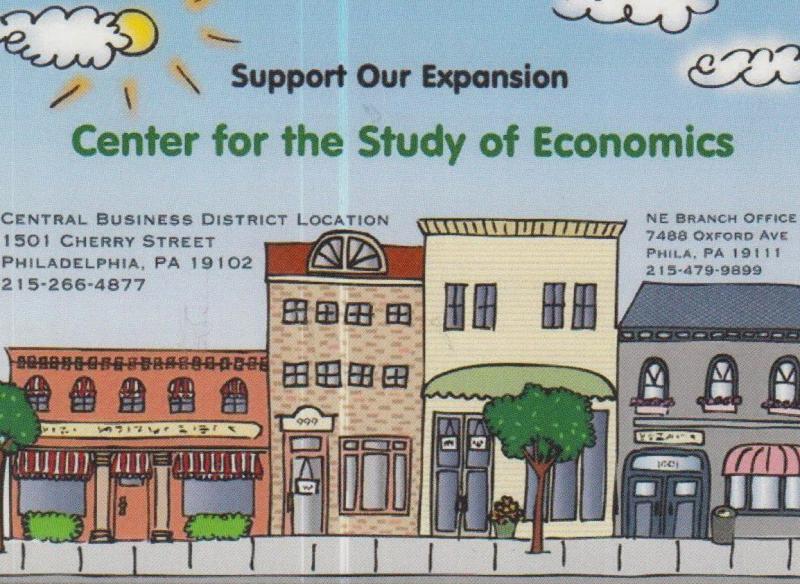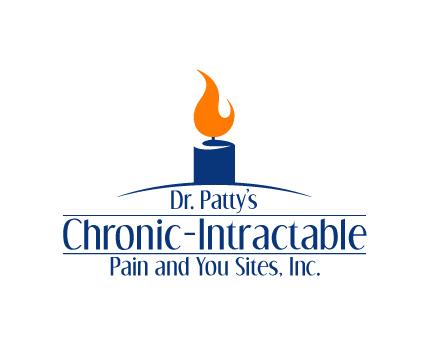Causes: Economics, Public Finance, Taxation & Monetary Policy
Mission: The Center for the Study of Economics (CSE) is a 501c3 organization. Our mission is to assist local government in evaluating current local and urban tax policy. Our remit is to study and administer implementation of land value taxation (LVT) to determine which policy would work best in meeting local government’s economic development, budgetary and planning goals.
Results: The Center’s unique experience is in identifying appropriate sources of revenue of value capture either as a standalone project or as part of traditional government expenditure. Specifically, in 1996 the Center was commissioned by the Allentown home rule charter Commission to analyze existing values and apply them to a land value capture environment. The Center also identified other forms of tax that were barriers to investment of labor and capital in the city of Allentown Pennsylvania. Per its mission, the Center created parcel by parcel as well as aggregate analysis of the city to give the Commission (and subsequently the voters) accurate information pre-and post-implementation. In 1997, Center was asked to identify revenue effects of the Pittsburgh Downtown Partnership’s options for establishing a Business Improvement District (BID). Land value capture was selected as the funding option for the BID, tying in both an incentive and reward for built parcels, and an incentive for vacant and blighted parcels to pay substantially more into the mission of the district. In 2001, the city of Altoona Pennsylvania facing disinvestment and depopulation asked the center to identify, study and project the effect of a 10 year shift to a property tax system based upon capturing land values only. Implementation took place over the 10 year period, with the Center’s assistance in adjusting tax levies as needed by the city. In 2013 – 2015, the Center was charged by Connecticut’s M. O. R. E. Commission on municipal efficiencies, who identify, study, and publish the various scenarios of land value capture in Connecticut’s municipalities (parking studies, construction forecasts, revenue outcomes for cities, etc. )Throughout its active research and educational history, center has identified both legal and political obstacles to land value capture and taxation successfully. The Center provided research to both the Maryland Attorney General in 1995 and the Virginia Attorney General in 1999 to provide solid evidence that land value capture could be enacted constitutionally and legally. CSE has induced 20 cities, school districts and improvement districts to adopt LVT. The general outcomes have been: - reduction in tax burdens for homeowners, renters and productive business- growth of municipal tax bases as more investment and work returns to urban centers- changing urban property taxes into a model of progressivity- penalizing blight and land vacancy with added tax incidence, removing rewards for holding land our of use through private land baking
Target demographics: Revitalization by incentivizing markets to return and expand cities without the use of costly and unreliable subsidy and abatement programs.
Direct beneficiaries per year: 20 jurisdictions, and provided education, expert witness testimony and outreach in 12 states, and dozens of cities, as well as international partners in Africa, Europe, Asia and Australia.
Geographic areas served: Urban areas and cities suffering from blight, depopulation and disinvestment
Programs: Education, research, outreach and program implementation and administration assistance to local governments. We field numerous media queries to help the public better understand the need for bold new policies to provide a fair and just economy for all.
Mission: The Center for the Study of Economics (CSE) is a 501c3 organization. Our mission is to assist local government in evaluating current local and urban tax policy. Our remit is to study and administer implementation of land value taxation (LVT) to determine which policy would work best in meeting local government’s economic development, budgetary and planning goals.
Results: The Center’s unique experience is in identifying appropriate sources of revenue of value capture either as a standalone project or as part of traditional government expenditure. Specifically, in 1996 the Center was commissioned by the Allentown home rule charter Commission to analyze existing values and apply them to a land value capture environment. The Center also identified other forms of tax that were barriers to investment of labor and capital in the city of Allentown Pennsylvania. Per its mission, the Center created parcel by parcel as well as aggregate analysis of the city to give the Commission (and subsequently the voters) accurate information pre-and post-implementation. In 1997, Center was asked to identify revenue effects of the Pittsburgh Downtown Partnership’s options for establishing a Business Improvement District (BID). Land value capture was selected as the funding option for the BID, tying in both an incentive and reward for built parcels, and an incentive for vacant and blighted parcels to pay substantially more into the mission of the district. In 2001, the city of Altoona Pennsylvania facing disinvestment and depopulation asked the center to identify, study and project the effect of a 10 year shift to a property tax system based upon capturing land values only. Implementation took place over the 10 year period, with the Center’s assistance in adjusting tax levies as needed by the city. In 2013 – 2015, the Center was charged by Connecticut’s M. O. R. E. Commission on municipal efficiencies, who identify, study, and publish the various scenarios of land value capture in Connecticut’s municipalities (parking studies, construction forecasts, revenue outcomes for cities, etc. )Throughout its active research and educational history, center has identified both legal and political obstacles to land value capture and taxation successfully. The Center provided research to both the Maryland Attorney General in 1995 and the Virginia Attorney General in 1999 to provide solid evidence that land value capture could be enacted constitutionally and legally. CSE has induced 20 cities, school districts and improvement districts to adopt LVT. The general outcomes have been: - reduction in tax burdens for homeowners, renters and productive business- growth of municipal tax bases as more investment and work returns to urban centers- changing urban property taxes into a model of progressivity- penalizing blight and land vacancy with added tax incidence, removing rewards for holding land our of use through private land baking
Target demographics: Revitalization by incentivizing markets to return and expand cities without the use of costly and unreliable subsidy and abatement programs.
Direct beneficiaries per year: 20 jurisdictions, and provided education, expert witness testimony and outreach in 12 states, and dozens of cities, as well as international partners in Africa, Europe, Asia and Australia.
Geographic areas served: Urban areas and cities suffering from blight, depopulation and disinvestment
Programs: Education, research, outreach and program implementation and administration assistance to local governments. We field numerous media queries to help the public better understand the need for bold new policies to provide a fair and just economy for all.
1501 Cherry Street, Philadelphia, PA 19102
215-266-4877

Others
Philadelphia













































